KaTech technical sales executive Stephen O’Neill on why bakery businesses are increasingly turning to scratch-based mixes.
With ever-increasing raw material prices, the uncertainty of what Brexit may bring and the demand from consumers for cleaner-label products, we are seeing a real push in the market to move away from bulk bakery mixes and move more towards scratch-based recipes.
From what we see the scratch-based recipe model is becoming more and more attractive in the industry, not least because it drives down cost by allowing bakeries to utilise the buying power of bulk commodity ingredients, such as flour and sugar, thus avoiding paying a premium to have them blended with other ingredients packaged and shipped. It also offers more flexibility by making it possible to develop products that fit the process capabilities of the bakery and ensure the ingredients in the recipe are only the ingredients needed to produce that product, making it as clean as possible.
Scratch recipes may sound attractive and come with many benefits, but unfortunately it is not as simple as just reverting back to traditional kitchen cupboard ingredients, mainly because modern large-scale bakeries don’t have the capabilities to follow traditional bakery processes such as creaming sugar and fat slowly, adding egg, folding in flour and baking straight away. From working with our customers, we know the ideal process is an all-in method where everything is added to the bowl and mixed and the batter needs to have the stability to stand in the bakery for periods of time before it is baked.
This becomes even more complicated when looking to develop less traditional products such as gluten-free, vegan and sugar-reduced items.
To produce good products with the resilience and stability to cope with harsh process steps, such as mixing and pumping, and the floor times involved in large-scale bakery production, stabilising systems are clearly needed.
The key is ensuring the stabiliser system used is only made up of the key functional ingredients needed, and nothing else, to be able to deliver clean label and cost-effective product.
At KaTech we believe the only way to develop scratch recipes that can stand up to modern-day manufacturing processes is to work in partnership with our customers, ensuring we fully understand their process and raw material capabilities, so we can tailor our stabiliser system to meet their individual needs, rather than expecting them to adapt their processes and raw materials to suit our stabiliser system.

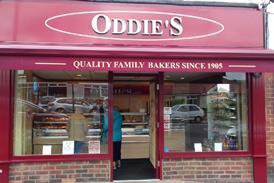

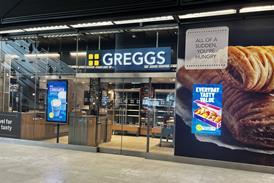
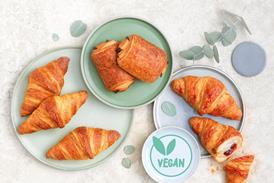


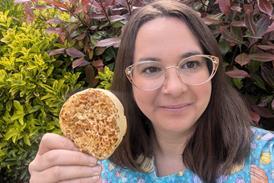
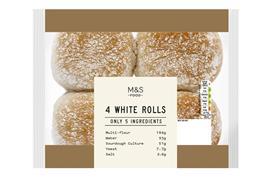



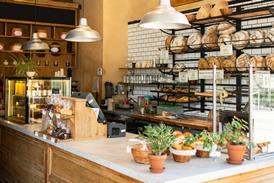


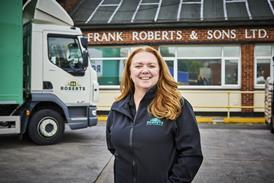
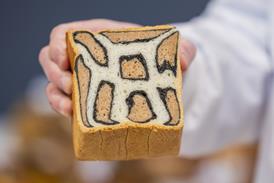

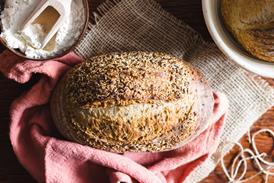
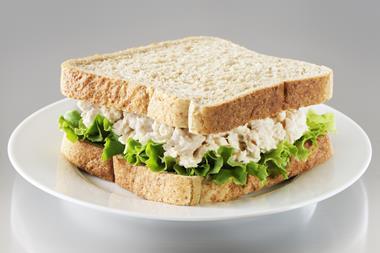
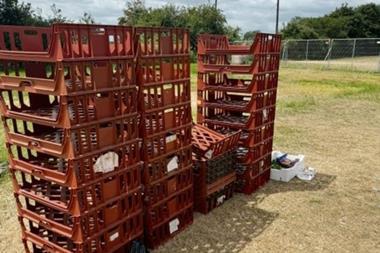
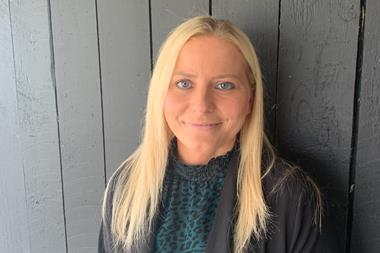
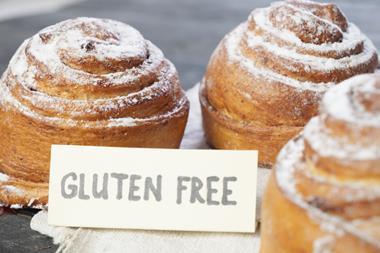























No comments yet